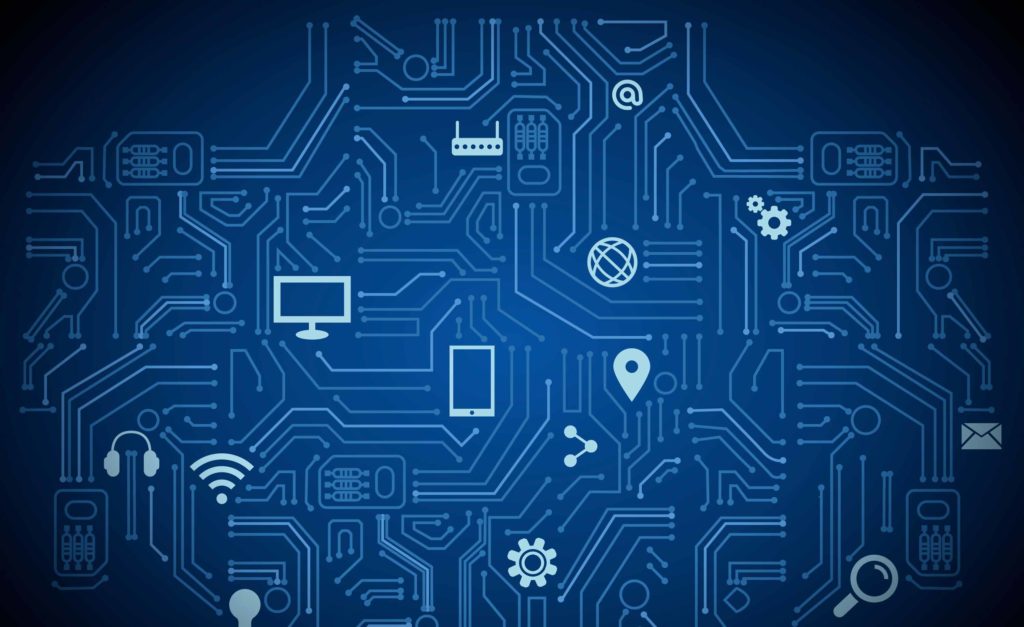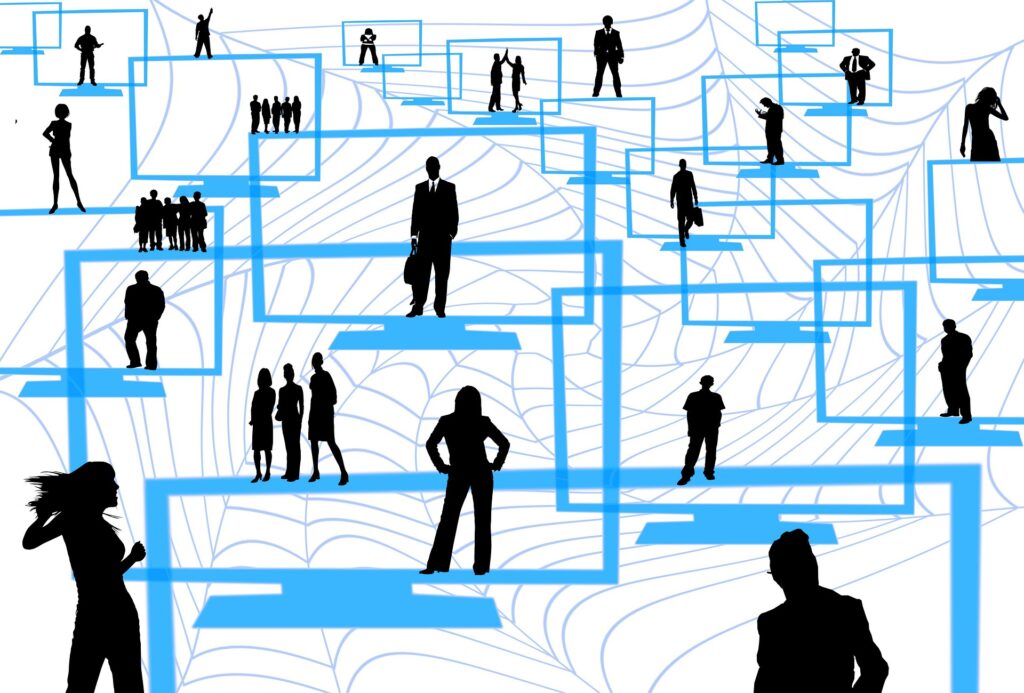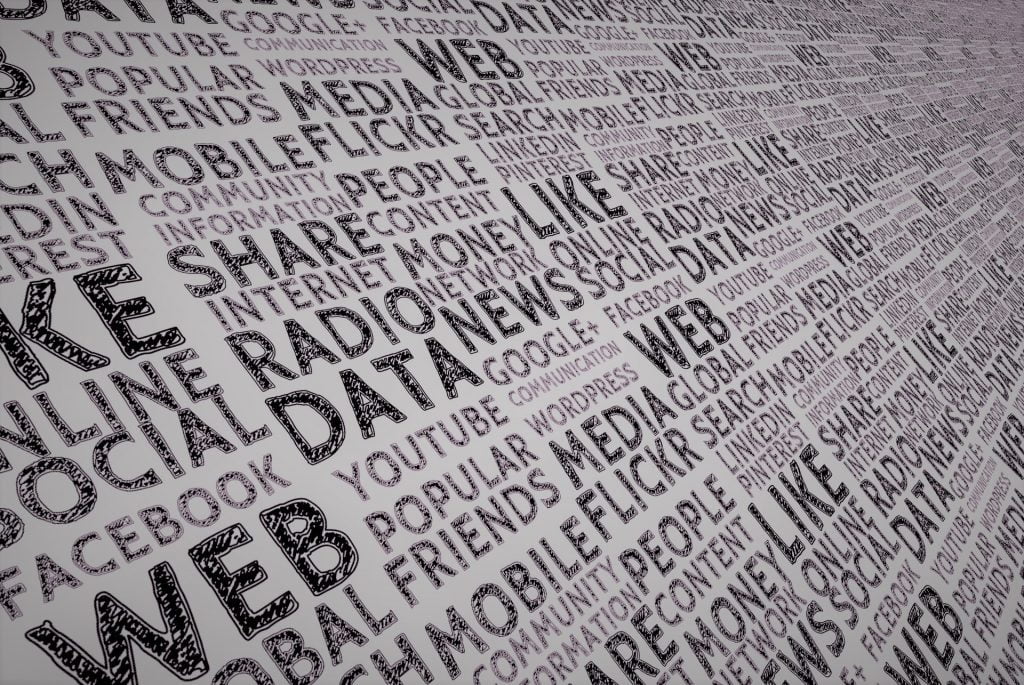Ever walked into a store and felt like they knew you? Maybe they remembered your name, your last purchase, or even suggested something perfect just for you. That’s not magic — it’s the power of Customer Relationship Management, or CRM.
In today’s fast-paced retail world, it’s no longer enough to just offer good products. To stand out, retailers need to connect with customers — not just sell to them. That’s where CRM in retail comes into play.
What is Customer Relationship Management in Retail?
Let’s break it down simply.
Customer Relationship Management is a set of tools, strategies, and technologies used by businesses to track, understand, and improve their interactions with customers.
In the retail world, CRM helps store owners:
- Collect customer information (like purchases, preferences, and feedback)
- Analyze that data to understand shopping behavior
- Personalize customer experiences and boost satisfaction
Imagine a friendly shopkeeper who remembers your favorite color or the size of shoes you wear. CRM does exactly that — but digitally, at scale.
What Are the Benefits of CRM in Retail?
Customer Relationship Management (CRM) isn’t just a fancy tool for big companies — it’s a powerful system that can completely change how retail businesses connect with their customers.
Let’s explore the key benefits, one by one:
Builds Customer Loyalty
CRM helps you remember customer birthdays, preferences, and buying habits. When shoppers feel recognized and valued, they’re more likely to return — again and again. It’s like turning your shop into their favorite hangout!
Offers Personalized Shopping Experiences
With CRM, you can suggest items based on what a customer bought before. For example, if someone loves sportswear, you can notify them about a new collection. This kind of personalization makes customers feel special.
Improves Communication
From sending thank-you emails to sharing order updates, CRM helps you stay in touch. And not just randomly — it lets you send the right message at the right time without being pushy.
Enhances Marketing Efforts
CRM lets you group customers into categories (like frequent buyers or new shoppers) and target them with relevant offers. This means higher chances of making sales — with less wasted effort.
Helps You Understand Your Customers
By tracking purchases, behavior, and feedback, CRM gives you a full picture of your customers. You’ll know what’s popular, what’s not, and what needs to change — all based on real data.
Saves Time Through Automation
Tired of sending the same emails over and over? CRM can automate repetitive tasks like follow-ups, newsletters, and reminders — freeing up your time to focus on what really matters.
Boosts Overall Sales
When customers are happy and engaged, they buy more — and tell their friends. CRM helps you build stronger relationships that naturally lead to increased sales and long-term business growth.
Importance of CRM in Retail Industry
Customer Relationship Management (CRM) isn’t just useful — it’s a must-have for modern retail businesses.
Understand Your Customers Better
CRM stores details like purchase history, preferences, and contact info. This gives you a full picture of who your customers are and what they want — helping you serve them more personally.
Build Long-Term Relationships
Retail is no longer about one-time transactions. CRM helps you create lasting bonds by remembering customer birthdays, anniversaries, and even their favorite products.
Reduce Customer Churn
Losing customers hurts — but CRM can prevent that. By sending timely messages, checking in after purchases, or resolving complaints quickly, you can keep customers happy and loyal.
Improve Operational Efficiency
CRM tools simplify daily tasks like sending emails, scheduling follow-ups, and tracking responses. Less time on admin means more time for customer care and strategy.
Boost Sales and Profitability
When you offer relevant products at the right time, customers are more likely to buy. CRM helps you spot buying patterns and run smart promotions that drive sales.
Gain a Competitive Edge
In a crowded market, personal service stands out. CRM lets even small retailers deliver big-brand experiences — thoughtful, timely, and memorable.
Make Smarter Business Decisions
With real-time reports and customer data, you can see what’s working and what’s not. No more guessing — just clear, confident decision-making.
Features of CRM for Retail
CRM systems come packed with features designed to make a retailer’s life easier and the customer’s experience smoother. Whether you’re running a local boutique or an online store, these tools help you work smarter — not harder.
Let’s explore the key features of CRM tailored for retail businesses
1. Customer Data Management
Keep everything in one place — names, emails, phone numbers, purchase history, preferences, and feedback. You’ll never forget a customer again.
2. Sales Tracking and History
See what your customers are buying and when. This helps you spot trends, forecast demand, and even recommend products based on past purchases.
3. Customer Segmentation
Not all customers are the same. CRM lets you group them — like frequent buyers, first-timers, or high-spenders — so you can tailor your messages to each group’s behavior.
4. Loyalty Program Integration
Reward your loyal customers with points, discounts, or exclusive offers. CRM makes it easy to track rewards and manage promotions.
5. Marketing Automation
Schedule and send personalized emails, SMS messages, or notifications automatically — for birthdays, product launches, or sales events. Stay in touch without lifting a finger.
6. Feedback and Support Tools
Gather reviews, handle complaints, and follow up with customers. CRM helps turn problems into opportunities for improvement.
7. Inventory and POS Integration
Many CRMs connect with your Point of Sale system or inventory software — giving you a seamless view of stock, sales, and customer activity in one dashboard.
How is CRM Beneficial in the Retail Sector?
1. Enhances Customer Service
CRM allows you to provide quick, personalized responses. When a customer reaches out, you already know their purchase history and preferences — making service faster and friendlier.
2. Supports Personalized Marketing
With CRM, you can send tailored offers or product recommendations based on what a customer has bought before. It’s like having a personal shopper in your system!
3. Increases Customer Retention
Follow-up messages, thank-you notes, or exclusive deals keep customers engaged long after they make a purchase. Happy customers return — and spread the word.
4. Helps Small Businesses Compete
Even small stores can offer big-brand experiences with CRM — like loyalty rewards, targeted emails, or special birthday surprises.
5. Connects Online and Offline Sales
CRM bridges the gap between your physical store and your website. You’ll see a customer’s full journey, no matter where they shop
6. Boosts Overall Efficiency
From automating reminders to analyzing trends, CRM reduces manual work and gives you more time to focus on growing your business.
Best CRM for Retail Stores
Choosing the right CRM can feel overwhelming — especially when you’re just starting out. The good news? There are plenty of retail-friendly CRM systems designed to be easy to use, even if you’re not super tech-savvy.
Let’s explore some of the best CRM options for retail stores, along with what makes each one stand out:
Salesforce
Salesforce is one of the most powerful CRMs in the world. It offers everything from customer tracking to AI-powered insights. While it’s a bit complex (and pricey), it’s perfect for big retailers that need advanced features and customization.
Zoho CRM
Zoho CRM is affordable, easy to use, and packed with useful tools like email automation, customer segmentation, and sales tracking. It’s great for growing businesses that want a balance between simplicity and power.
Lightspeed Retail
Lightspeed combines CRM with inventory and Point-of-Sale (POS) tools. It’s ideal for physical retail stores that want a seamless checkout process, loyalty programs, and real-time inventory tracking.
Vend (Now Part of Lightspeed)
Vend is a cloud-based CRM and POS system tailored for retail. It works even if your internet goes down and helps manage both customers and stock easily — great for boutiques and small shops.
Conclusion
In the ever-evolving world of retail, one thing remains constant — customers want to feel valued. And that’s exactly what Customer Relationship Management (CRM) helps you do. It’s not just about storing data or sending emails — it’s about building real connections that lead to trust, loyalty, and long-term success.
Whether you’re running a small clothing store, a bustling supermarket, or an online shop, CRM gives you the tools to know your customers better, serve them smarter, and grow your business faster. From personalized marketing to automated follow-ups, CRM brings you closer to your shoppers — and helps turn them into lifelong fans.
The best part? You don’t need to be a tech expert to get started. With so many user-friendly CRM tools out there, even beginners can build customer relationships like a pro.
Related Posts
Customer Relationship Management for Restaurant
Hotel Customer Relationship Management: The Ultimate Guide
What Is Automotive Customer Relationship Management




